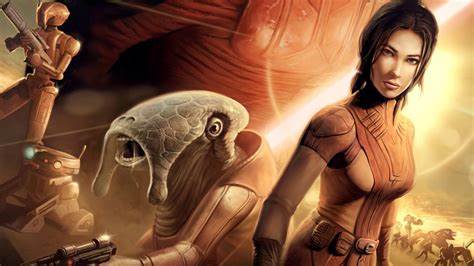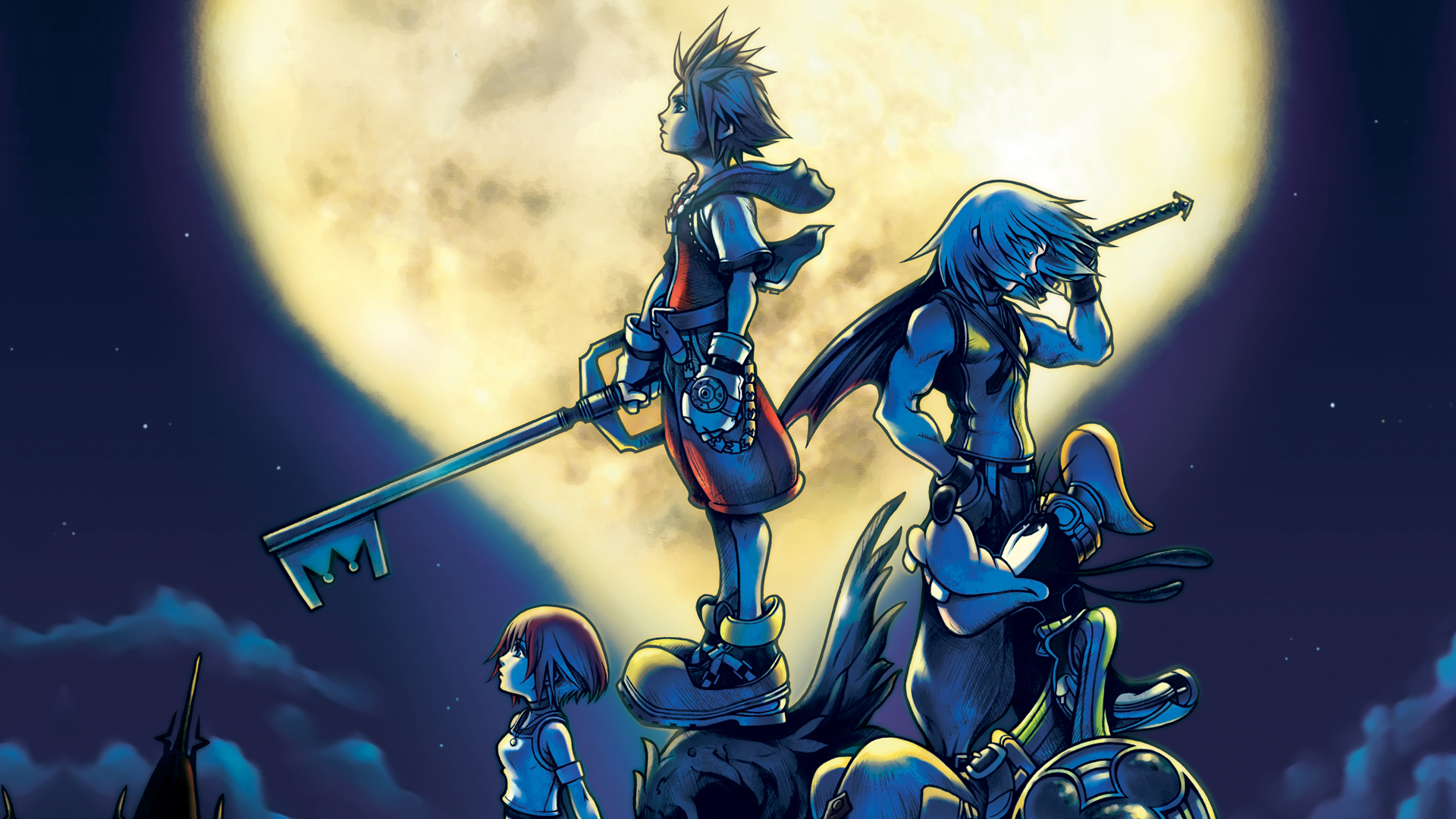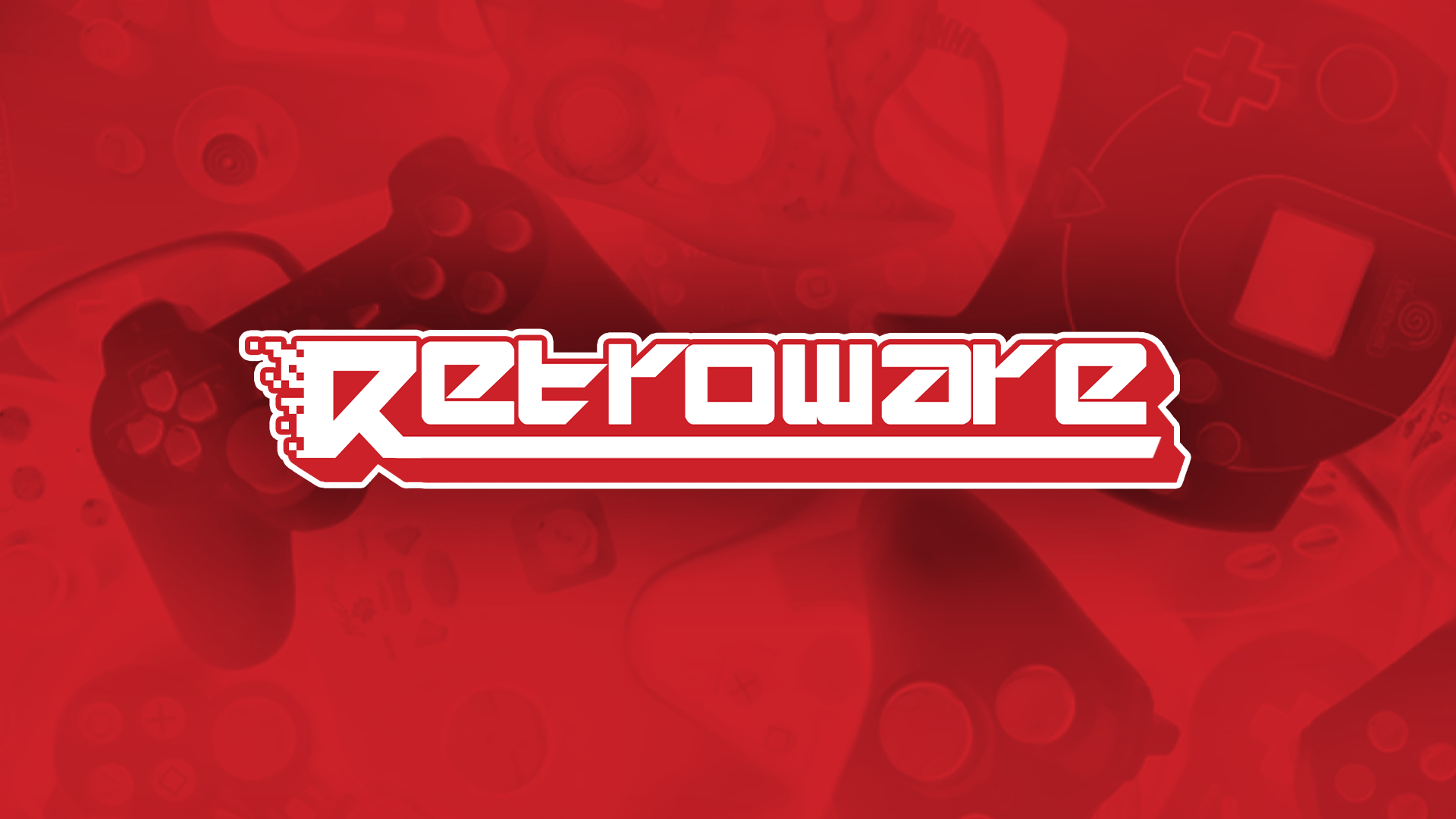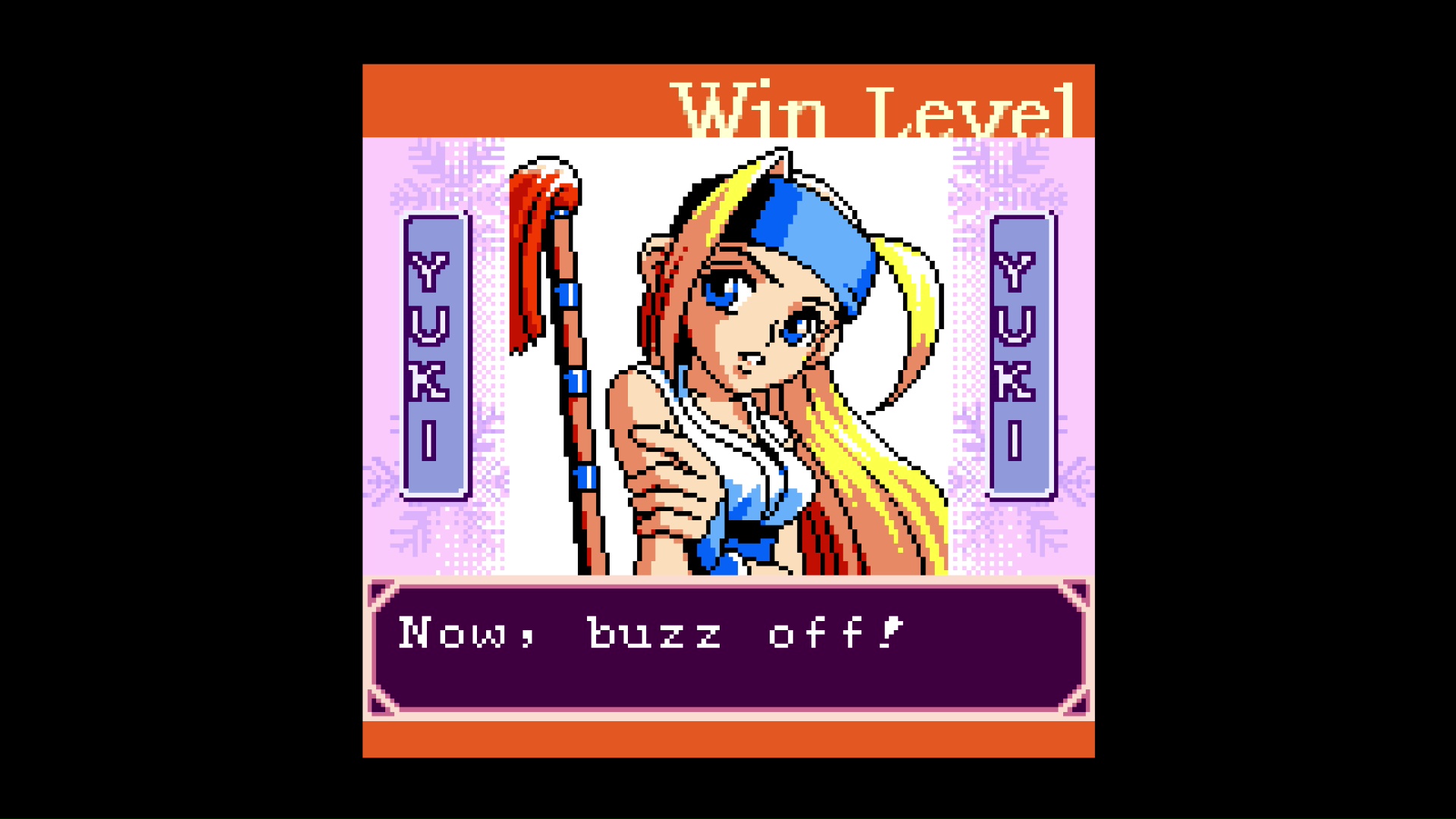Share
In July, Somewhat Software – the team behind thought provoking indie horror titles like I Make Saints and The Shape on the Ground – announced that the Steam Edition of their horror walking simulator /SPEK.TAKL/ would be aptly renamed, effective immediately: /SPEK.TAKL/ – Banned Edition.
Steam had 86’d the game from current or future publishing on their platform due to portions of its sexual content – possibly a first for a title that’s tagged with the anodyne keyword of “walking simulator” – and instead the game re-launched last week on itch.io with debugging and general improvements, plus a brand new – and even weirder – ending.
We spoke with Montreal-based Somewhat Software via email about their vision for abstract horror games, how they’re making the best of the ban, and what life after Steam looks like for the rising indie developers.
“Our imagination may become our enemy for an instant.”
The original version of /SPEK.TAKL/ launched on itch.io in 2019 as a solo project by William Somewhat, the pseudonym of Somewhat Software’s founder and head dev. The idea for a director’s cut-style re-release crystalized as part of a broader 2021 marketing plan. The goal was to shore up older titles with much needed quality of life improvements, but to also open the door for new players to explore Somewhat’s indie back catalog by dropping the reworked titles into the big leagues of video gaming: Valve’s Steam platform.
“I felt like adding content to each of our games would give early players a chance to rediscover our titles, and make new players curious about them as well,” William says. “We were really excited to publish the game on Steam, and the entire plan for 2021 for us was to re-publish our entire back catalogue on the platform in exclusive ‘Steam Editions’.”
With the addition of Danny Something to the team, longtime friend and supporter of William’s low poly horror titles, the rejiggering of older games opened the door for more expansive reworking.
“I had ideas for the original game I had to cut out (such as a fourth VHS tape, which was added back to the game in the Banned Edition) to keep the scope of the game achievable,” William says. The expansive reach of the Steam platform to such a wide market meant an opportunity for adjusting pieces of the game that William wasn’t satisfied with. “It was more like, back then I was still developing games on my own and a lot of factors were interfering with my ability to complete a title: impatience, anxiety, technical or knowledge limitations, etc.”
“For me,” Danny says, “(/SPEK.TAKL/) was his most complete game … but the fact that a fourth ending was added pushes the weirdness even more and I really like it.”

In both versions, /SPEK.TAKL/’s narrative engine chugs around a tense, moody walking simulator that has the player explore a psychosexual waking nightmare. The low whisper of late night television flickers in the background of an eerie apartment, while VHS tapes pushed through the mail slot degrade both the environment and the player’s psyche. The visual symbolism of sex, violence, and moralizing about them both is used like a bludgeon – part of why the game received a ban from Steam – but William says the themes within it hit much closer to home than mere social commentary.
“It was created to address my own ways of coping with the anxiety of having my own body turning against me,” William says of the game’s subtext. “The more you grow old, the more all of the death statistics speak to you. Suddenly, hearing about people dying of heart failures at 40, or people having cancer at 35 feels more real, and most importantly, feels more and more probable. This was getting to me on an unhealthy level, mentally. I tried to explore and exorcise this dread through the creation of the game.”
Danny, a newcomer to the lineage of /SPEK.TAKL/, is more conceptual about what the experience means: “I am used to how William creates games and his themes are often buried under a lot of mood and images that are there to be discovered with no guides whatsoever,” he says. “William and I had long conversations about what led to this game and his vision of his personal struggles at the time. All of this is depicted in the game, but at the same time it opens so many doors in terms of interpretations in the way it was made. The imagery and mood is lived by the player and there is no clear explanation to it which is scary in its own way, I think. We are confronted by the images ourselves so our mind tries to explain what is happening and our imagination may become our enemy for an instant.”
“…It came as a shock when it was banned.”
In July of 2021, after submitting the “Steam Edition” of /SPEK.TAKL/ for adult content screening, Somewhat received an email with unwelcome news: the game would be permanently banned from publishing on the Steam platform due to the inclusion of “sexual content containing depictions of real people which we are not in the business of selling.”
It’s eyebrow raising reasoning from a platform that drew flack for its 2018 decision to allow the inclusion of fully uncensored adult games, many of which scaled the user review charts to become some of the most popular titles on the platform.
For the curious, /SPEK.TAKL/’s in-game television contains extremely low resolution public archive footage, the first four minutes of which include 1950’s models in lingerie engaging in light bondage. It’s Bettie Page levels of risqué, none more crass than what may be found in your grandad’s attic magazine stash, and it serves a kind of ironic purpose within the context of the game’s story. Later portions of the game contain equally grainy art prints and paintings of couples, well, copulating, but the television clips are “what Steam had a problem with,” says William.

“It wasn’t thoroughly explained, outside of a brief ‘real humans + sex = no’ rule they copy/pasted in their communication with us,” he says, “But as I understand, it has to do with concern about clearing rights for actors doing adult stuff on camera.
William broke the news via a blog post on the Somewhat website, where he cops to the fact that this is indeed a fair assessment legally, but the bigger issue is that they weren’t given a path to censor the game accordingly. The ban was a blank decision, effective immediately. “No appeal. No discussion. No proposal for modification,” he says in his post. “Straight up banned.”
Worse yet, the offending video clips aren’t even integral to the game’s experience and both William and Danny admit they’d be happy to cut it for a Steam release.
“The problematic footage is kind of a flavor/mood in the game, while all the rest is the core of the experience,” Danny says. “(The ban) really took me aback,” he laments. “We understood the reason, but the fact that there is no way to negotiate is disappointing. Most of the time, they have demands and it is possible to cut/modify the parts that can be problematic and then carry on. This time though, it was a brutal ‘no’ and that’s it.
“We know our numbers won’t be the same as what we predicted…”
A game getting removed from Steam for reasons both fast and loose isn’t breaking news, but Somewhat’s experience is indicative of a larger issue just now starting to break over the public consciousness: small time devs have very few channels to make an honest living, and Steam – the biggest outlet for entrepreneurial creators – has made a fortune off hardline policies and practices that sometimes come at the cost of sustainability for indie makers.
The untold abuses of traditional gaming studios are well documented at this point, and digital platforms like Patreon have democratized the arts in ways that allow creators to side step toxic and often underpaying work environments, trading up for the bootstrap rigor of self employment. Illustrators and musicians and YouTubers can now make a viable living through crowdsourced patronage, but for indie game developers the options for self employment are still the twin binaries of Itch.io and Steam. Itch is an ever-churning hub of experimental, self-directed content, but its limited audience gets prickly when asked to pay more than a few dollars for their content – even if that content took months or even years to produce by solo artists.
Meanwhile Steam, while face first on a global stage, can be the Hollywood stereotype of a capricious manager. Their whopping 30% cut of each creator’s revenue is a notorious hurdle, and their review system – plagued with meme-ing and nonsense commentary – can tip the scales one way or another when it comes to creators making rent. Both are necessary evils developers need to play nice with to get their work seen, even if it means sacrificing their own financial independence. The choice is really no choice at all: join or die.
For Somewhat Software, these are issues they’re painfully aware of – and they’re hard to ignore when talking about /SPEK.TAKL/’s ban.

“We are now running a game studio full time and the success of the re-release of \SPEK.TAKL\ was important to us, but it’s partially ruined by not being on Steam,” says William. “Steam remains the biggest platform for PC games and not having the game there will undoubtedly affect sales, giving us a much smaller window to make the game reach its audience.”
The Banned Edition is back to roost on Itch.io, the platform that housed it originally in 2019, but now the issue becomes one of price. What can you ask fans on a platform to pay for a game (though improved) that they may have previously gotten for free?
“What was I thinking?” William laments about the initial price tag for /SPEK.TAKL/. “As micro-indie developers, we have trouble setting a price that feels right on our creations. This is a discussion that pops up regularly in indie circles, what value should we put on our production?”
“As a newcomer in the video game industry,” says Danny, “I realize how the pricing of a game is a difficult matter to tackle. As a player, you want to pay the least possible to have a maximum experience. However, on the developer’s side, you work hard for your creation and put a price that will reflect a possible revenue that will help you continue your passion. But in between, there is a contradiction where the time of the game should be equal to the price, which is still a debate.”
Re-releasing the game on Itch was a decision the two came to in response to Steam’s ban as a way to make the best of a bad situation. “We had to roll with the punches and we tried to change the perspective of the problem by creating a Banned Edition,” Danny says. “We know our numbers won’t be the same as what we predicted, but it is our way to continue and try to get something positive out of the situation.”
“I don’t know where we stand.”
/SPEK.TAKL/ – Banned Edition is now available on Itch.io for a modest $4.99 price tag, and from the looks of it William and Danny are chugging ahead towards future releases on Steam, albeit cautiously.
“I don’t know where we stand (with Steam),” says William. “Did this ban give us a ‘strike’ and we’re now on thin ice? I don’t think so, but also maybe? Our future games won’t feature any real people on video so I believe we are safe from the same thing happening twice.”

“Personally,” Danny says, “I find it sad not to have it on Steam because I think it is a solid horror experience as a walking simulator and really shows the colors of what Somewhat Software can do in terms of ambiance and themes. It is hard to get to a wider audience without it. However, having a little more exposure can create curiosity and this is what we are aiming for right now.”
The two are moving forward with the hopes of forging a positive relationship with the platform for future titles, and at the end of the day they’re both still very proud of what they’ve made with the new iteration of /SPEK.TAKL/.
“This version of the game is indeed more refined and I hope it will create some noise out there in a good way,” says Danny. “As for the Steam platform…well, I am a little anxious about it, but our next games will not be like \SPEK.TAKL\ at all … We hope that we’ll be able to continue to sell our games on the platform and carry on.”




